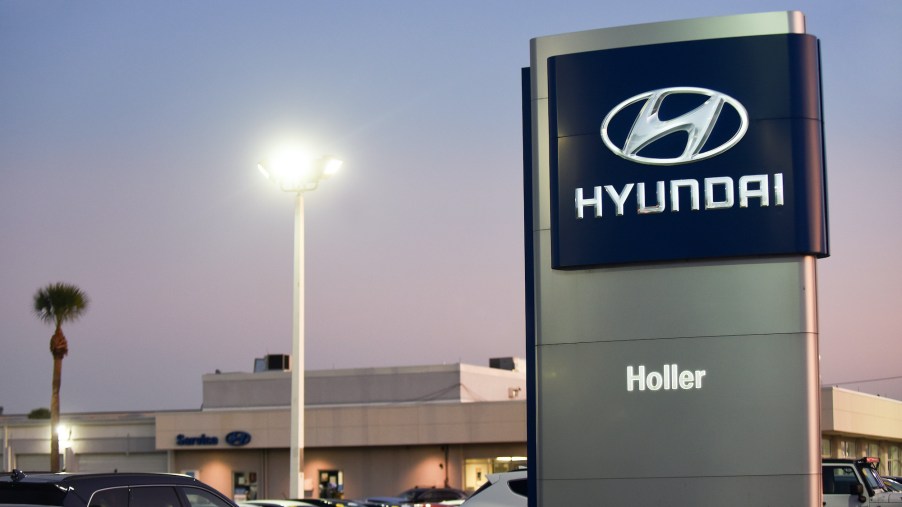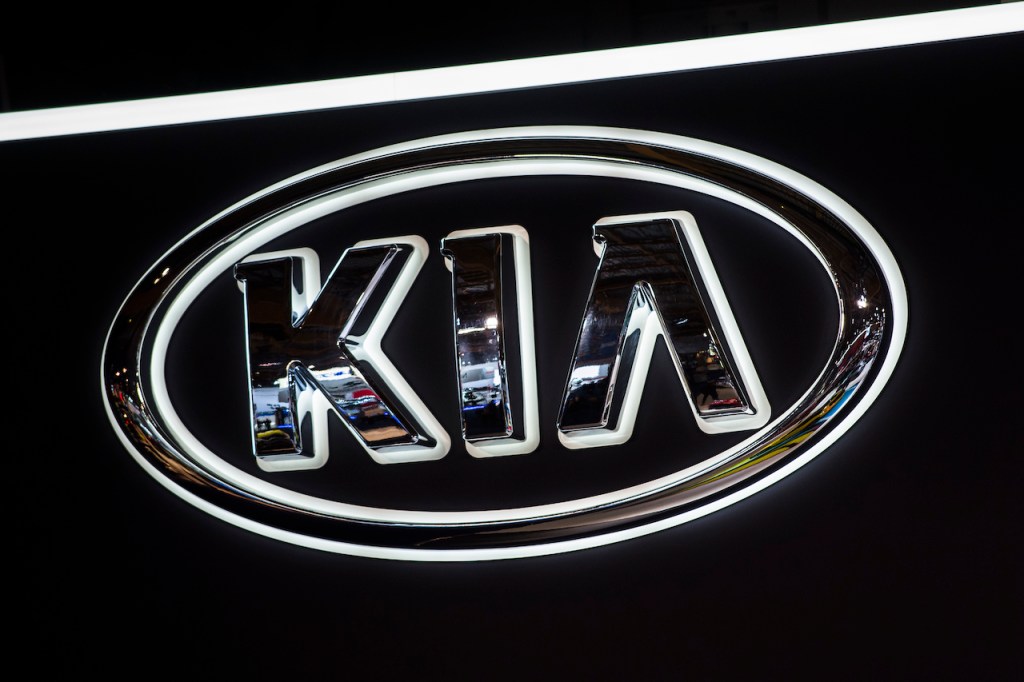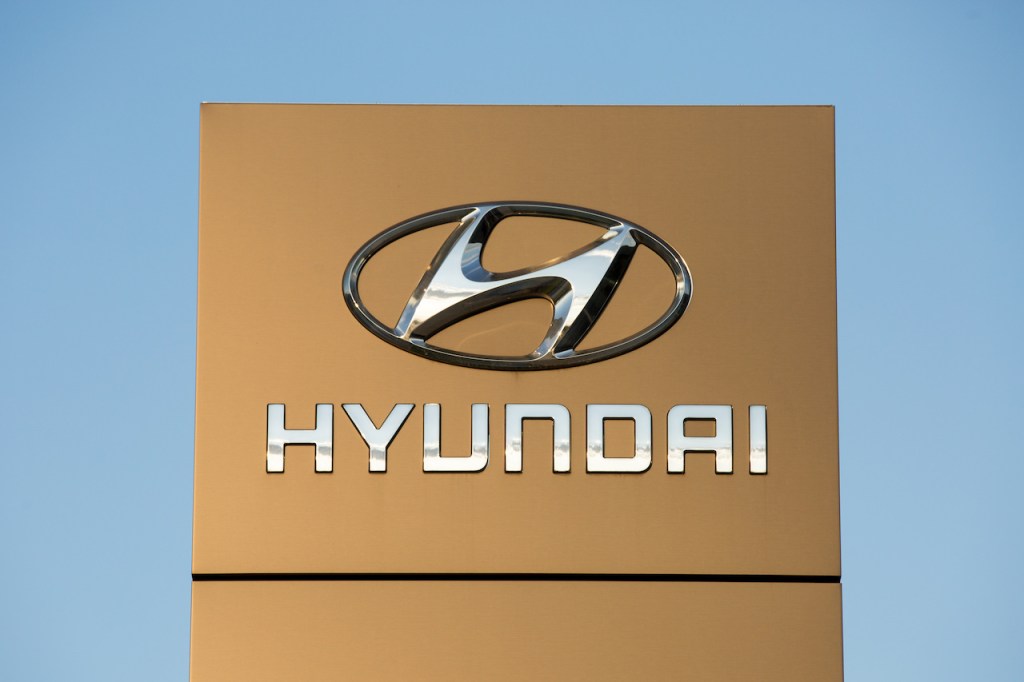
Hyundai And Kia Engines Catch On Fire-Is Yours One Of Them?
Hyundai and Kia are having to pay the National Highway Traffic Safety Administration $140 million over engine fires. Back in 2018, the Center for Auto Safety petitioned the NHTSA to investigate the hundreds of fires occurring in certain Hyundai and Kia models. The NHTSA also began an investigation of the fires which is still open. So Hyundai and Kia engines catch on fire-is yours one of them? Hyundai and Kia have already recalled over 1.6 million vehicles equipped with the Theta II engines. Metallic debris that remains in the engine during manufacturing can catch on fire. Metallic shards can be mixed with the engine oil, causing damage to connecting rods, cranks, and other internal components. This, in turn, can result in catastrophic engine damage and even fires according to Carcomplaints.
Both Hyundai and Kia waited too long before issuing a recall

But a consent order says that both Hyundai and Kia waited too long before issuing a recall. During that time fires continued to be reported to the NHTSA. When they did finally issue a recall the NHTSA said both companies were not reporting accurate information about the fires.
A three-year consent order has been levied against Hyundai. It will pay an initial $54 million, then $40 million for safety improvements, and may have to pay an additional $46 million if the consent order requirements are not met. For Kia, it must pay an up-front payment of $27 million and an additional $16 million on “specified safety performance measures.” If it does not follow the orders outlined in the consent it may also have to pay an additional $27 million.
Here are the models affected so far:

2011-2014 Hyundai Santa Fe, 2013-2014 Hyundai Santa Fe Sport, 2011-2014 Hyundai Sonata and hybrid models, 2011-2014 Kia Optima and hybrid models, and the 2011-2014 Kia Sorento. “Today’s announcement validates the concerns of millions of consumers about a persistent safety hazard and should remind manufacturers there are costs beyond recalls for failing to report dangerous defects, as required by law,” said Jason Levine, executive director of the Center for Auto Safety.
The consent order goes beyond paying fines and issuing a recall. Kia will have to develop a safety office in the US, while Hyundai must build a facility in the US that addresses safety investigations. It is what all other auto manufacturers must have to be in business and is believed it will improve Kia’s and Hyundai’s safety records.
Beyond the above actions, both companies must build new programs to help them determine safety issues. They are both required to employ independent third-party auditors that will report anything related to safety to the federal government. Obviously, the feds didn’t feel as though Kia and Hyundai were equipped to handle the recalls and safety issues internally. And this will help to forego any repeat circumstances over safety and recalls in the future.



